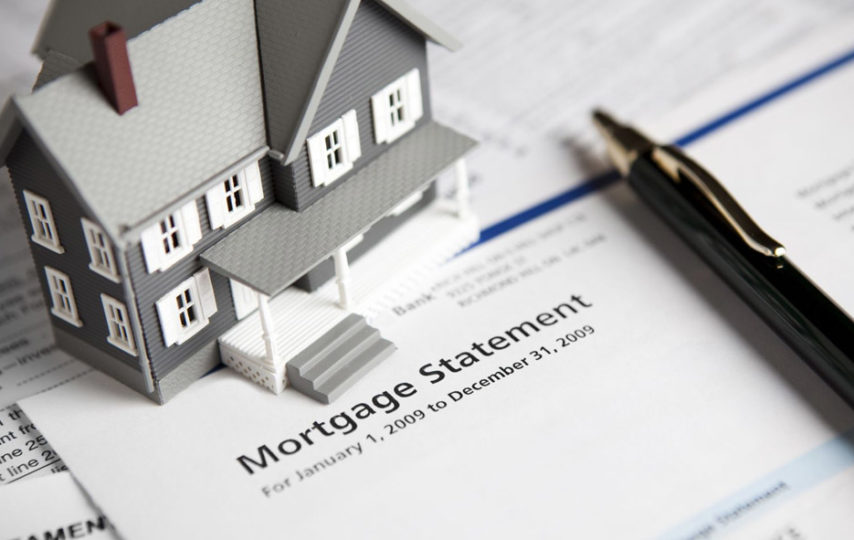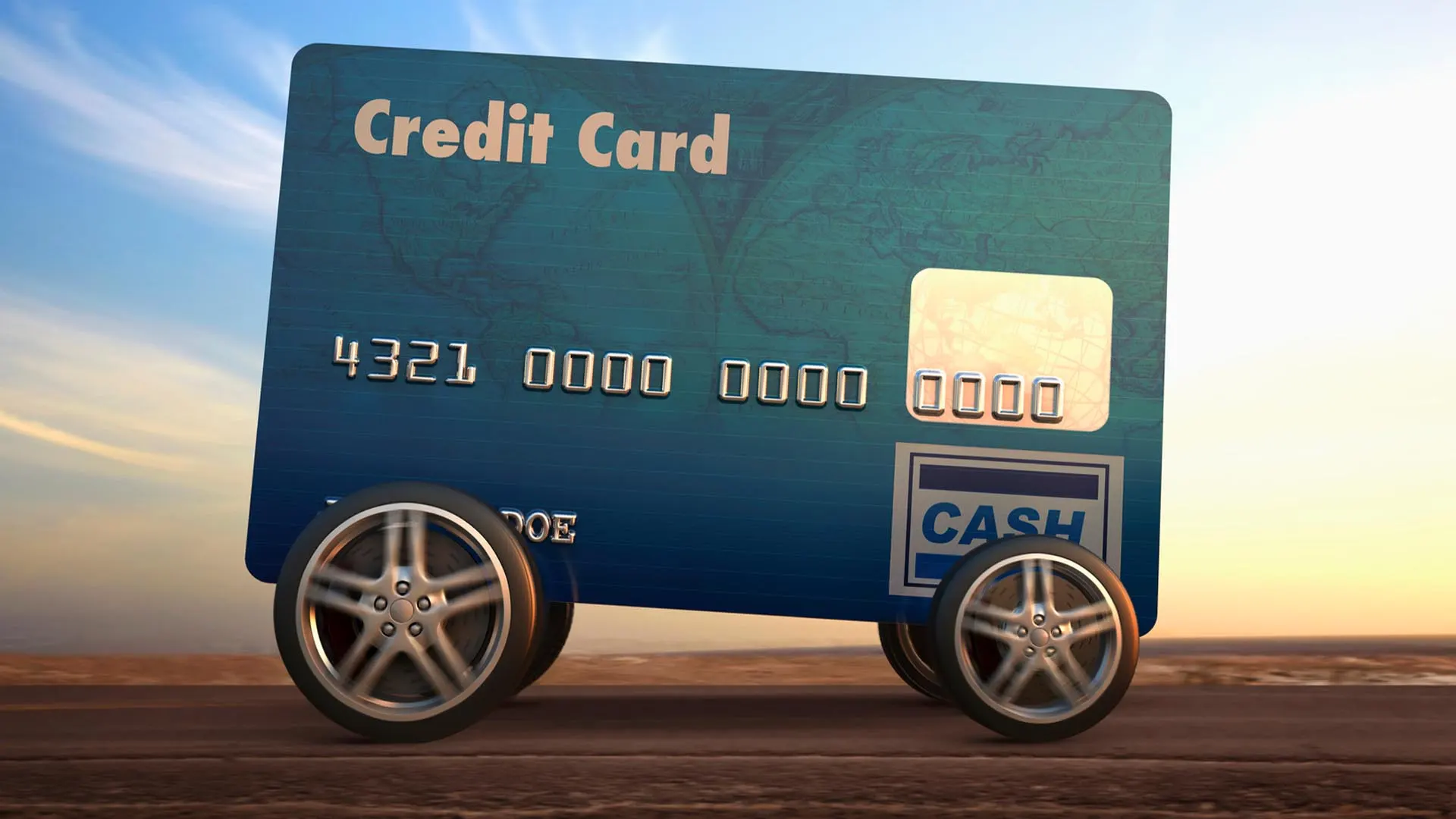Can I Refinance My Home Loan With Bad Credit?
Table of Content
Among other factors used in evaluating your credit score and creditworthiness are the length of time your oldest active account has been open. For this reason, it’s particularly important to choose a good first credit card—the kind of card you’ll want to keep open long past the point at which you upgrade to a high-yield rewards card. Most of the borrowers are eligible for refinancing with a 500 credit score. However, with a lower credit score, you must keep 10% home equity to get the refinance loan approved. With FHA refinancing, it is possible with a credit score as low as 500, along with your home equity.

A home mortgage is a loan given by a bank, mortgage company, or other financial institution for the purchase of a primary or investment residence. You can only have one 30-day late payment in the past year and no late payments in the past six months to qualify. Timothy Li is a consultant, accountant, and finance manager with an MBA from USC and over 15 years of corporate finance experience. Timothy has helped provide CEOs and CFOs with deep-dive analytics, providing beautiful stories behind the numbers, graphs, and financial models. We’re transparent about how we are able to bring quality content, competitive rates, and useful tools to you by explaining how we make money.
Does My Husband's Credit Affect Mine for a Mortgage?
And in this context, housing costs mean not just your mortgage, but any other predictable monthly payment you can anticipate. Those include property taxes, homeowners insurance, PMI if applicable, and HOA fees if you're buying in a homeowners association that charges monthly dues. Take a look at mortgage refinance rates for a number of different loans. Monthly payments on a 15-year refinance loan will be bigger compared to a 30-year refinance at the same rate.
Generally speaking, refinancing makes sense if you can lower your interest rate by 1% or more. However, refinancing isn’t always about reducing your mortgage rate. As home values rise, many homeowners are choosing to turn their equity into cash via a HELOC.
Pay Down Existing Debt
Thus, a mortgage lender will charge a person with poor or bad credit a higher interest rate to refinance because the lender is taking more of a risk by lending that person money. When you’re refinancing a conventional loan, a credit score below 620 would be considered bad, since it wouldn’t meet the minimum conventional credit score requirement. FHA lenders offer refinance loans with scores as low as 500, but they charge higher interest rates to offset the risk that you might not be able to make the payment.
Keep in mind that any time you refinance, your new loan will have different terms, so it's important to check the details carefully, such as the new interest rate and fees. If your interest rate goes up, the value of refinancing may not be advantageous over the life of the loan. No matter your purpose, you’ll have to go through the same process to refinance as you did for your original mortgage.
Take Out a Cash-out Refinance
Generally, you at least need to have a median FICO®Score of 580 to be eligible for refinancing. Another option is getting a cash-out to refinance where there are no income requirements, and the lender will take your home equity as collateral instead of your credit history. This type of loan is sometimes even available with a credit score as low as 500. Additionally, you can often refinance an ARM with bad credit and get the same or lower interest rate as your original loan. Bad credit can ruin your chances of getting a mortgage, car loans, and other financial products like credit cards.
Carrying more cash with you, paying down your charges immediately and budgeting your money are all easy ways to lower your utilization. Lenders don’t like to work with borrowers who have very high credit utilization ratios. Using too much of your available credit tells lenders that you might not have anything in savings.
Some anticipate more forward marching for mortgage rates, possibly tapping 8 percent, while others say subsequent Fed hikes have already been accounted for and rates should stabilize. Average mortgage rates moved higher for all types of loans compared to a week ago, according to data compiled by Bankrate. Rates for 30-year fixed, 15-year fixed, 5/1 ARMs and jumbo loans edged higher. We're firm believers in the Golden Rule, which is why editorial opinions are ours alone and have not been previously reviewed, approved, or endorsed by included advertisers.
Investopedia requires writers to use primary sources to support their work. These include white papers, government data, original reporting, and interviews with industry experts. We also reference original research from other reputable publishers where appropriate. You can learn more about the standards we follow in producing accurate, unbiased content in oureditorial policy. In others, you may be required to wait from six to 24 months, depending on the lender, before you're eligible to refinance. You’ll need to have a tangible net benefit after your refinance.
Homeowners may benefit from refinancing a home mortgage loan by obtaining a better interest rate, altering the loan’s repayment terms or even eliminating private mortgage insurance. Though a bad credit score can impact your qualification chances, lenders at more than credit scores. They also factor in your overall income, debt-to-income ratio, loan-to-value ratio and credit history. Check with your preferred lenders to see if you might qualify for any of these refinance loans. This option usually doesn’t require income verification, a credit check or an appraisal. You must show that you’ve made your last three mortgage payments on time, and you can only be more than 30 days late on one payment if your mortgage is older than 12 months.

Unfortunately, if you don’t qualify for a refi loan, you may want to explore other options. To determine this, subtract what’s owed on the mortgage from the home’s market value. For example, say your house is worth $200,000, and your mortgage is $170,000. You need at least $30,000 in equity to qualify for a new mortgage. Home Refinancing can also be a way to get back some of the money you’ve put into your home through the process known as cash-out refinancing. At the current average rate, you'll pay $632.73 per month in principal and interest for every $100,000 you borrow.
If you have no credit, you likely have no experience choosing credit cards. Lucky for you, you’re backed by the entire credit card team with Forbes Advisor. Our resources can help you understand how to identify and meet your financial and credit goals.

Comments
Post a Comment